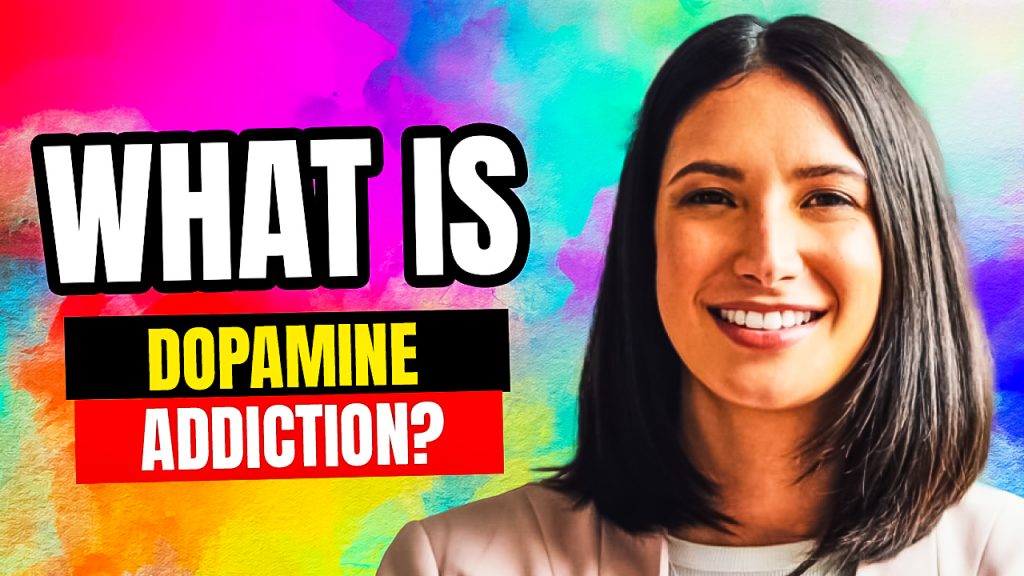
Dopamine is a neurotransmitter that plays a vital role in the brain’s reward and pleasure center. It is commonly associated with positive reinforcement and the feeling of pleasure. Dopamine addiction, also known as dopamine dependence, is a condition in which the brain becomes dependent on the release of dopamine, leading to a craving for pleasurable experiences and behaviors that stimulate dopamine production.
Dopamine addiction can take many forms, including substance abuse, gambling, overeating, and other compulsive behaviors. These activities all trigger the release of dopamine in the brain, leading to a pleasurable feeling that can become addictive.
In the case of substance abuse, the release of dopamine occurs when drugs or alcohol are consumed. The pleasurable feelings associated with dopamine release can become addictive, leading to a desire to continue using the substance to maintain the feeling of pleasure. Over time, the body may become dependent on the substance to release dopamine, leading to addiction.
Similarly, gambling can also trigger the release of dopamine in the brain. The anticipation of winning can create a rush of dopamine that can be addictive, leading to a compulsive need to continue gambling to maintain the pleasurable feeling.
Overeating is another behavior that can lead to dopamine addiction. The pleasure associated with food can trigger the release of dopamine in the brain, leading to overeating and weight gain. Over time, the body may become dependent on the release of dopamine through food, leading to compulsive overeating and weight gain.
Dopamine addiction can also take the form of compulsive behaviors, such as shopping or sex. These behaviors can create a pleasurable feeling that triggers the release of dopamine in the brain. Over time, the brain may become dependent on these behaviors to maintain the release of dopamine, leading to addiction.
One of the biggest challenges with dopamine addiction is that it can be difficult to recognize. The pleasurable feelings associated with dopamine release can make it challenging to identify when behavior has become addictive. People may continue engaging in addictive behaviors, unaware of the impact they are having on their lives.
There are a number of factors that can contribute to dopamine addiction. Genetics can play a role, as can environmental factors such as stress, trauma, and peer pressure. People who are exposed to these factors may be more susceptible to dopamine addiction.
Treating dopamine addiction can be challenging, as it often requires a multi-faceted approach. Therapy and counseling can help individuals identify the root causes of their addiction and develop strategies for managing cravings and avoiding triggers. Medication can also be helpful in some cases, particularly when treating substance abuse.
It is important to note that dopamine addiction is not the same as a lack of willpower. People who struggle with dopamine addiction are not weak or flawed; rather, they are dealing with a complex neurological condition that requires professional support and understanding.
Preventing dopamine addiction can be challenging, as it often requires addressing underlying factors such as stress and trauma. However, there are steps that individuals can take to minimize their risk of developing addiction. This may include avoiding high-risk activities such as substance abuse and gambling, developing healthy coping strategies for managing stress and anxiety, and seeking professional help if addiction is suspected.
In conclusion, dopamine addiction is a complex condition that can take many forms. It is characterized by a dependence on the release of dopamine in the brain, leading to compulsive behaviors that can be challenging to manage. Treating dopamine addiction often requires a multi-faceted approach, including therapy, counseling, and medication. Understanding the causes and symptoms of dopamine addiction can help individuals take steps to prevent addiction and seek help if needed.
This Post is Brought To You By BetterHelp